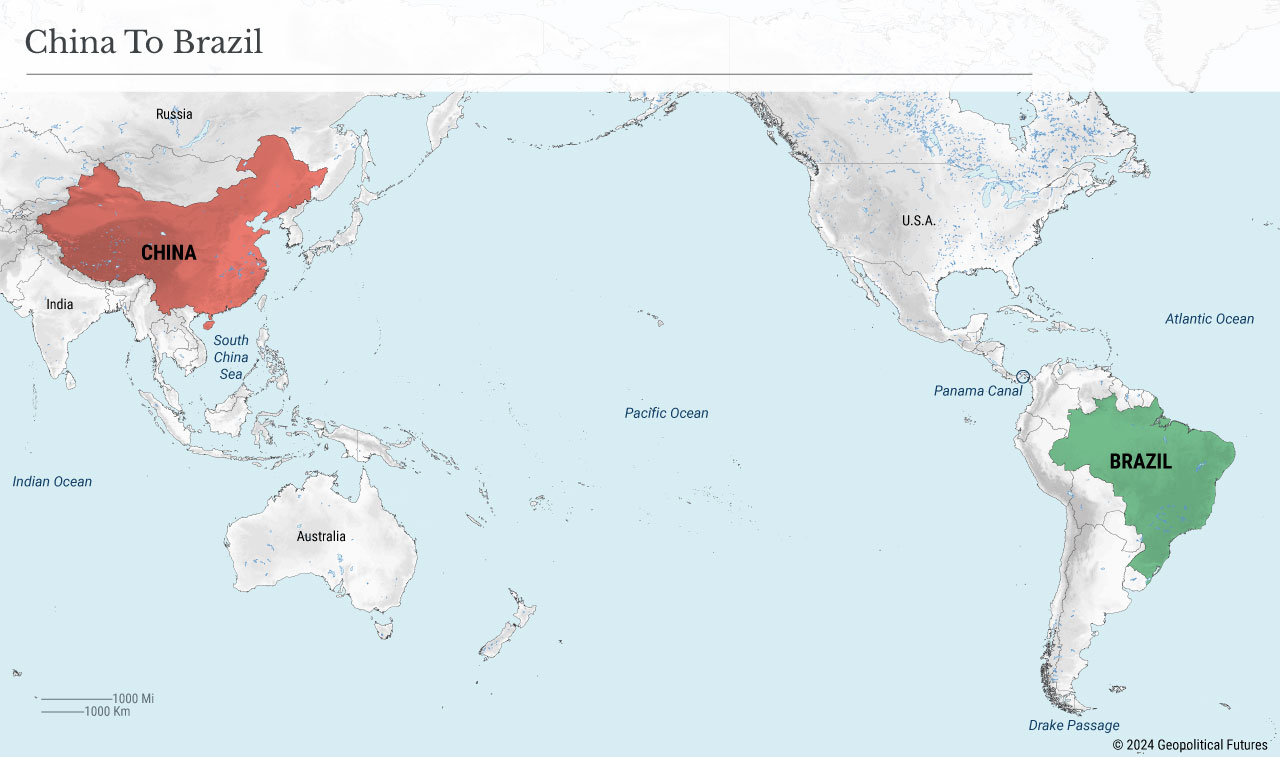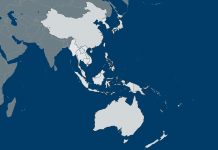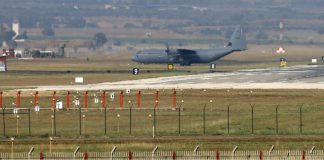News reports tying China to Brazil are fairly rare from a military perspective. Generally speaking, Brazil holds no great interest for China other than run-of-the-mill resource acquisition and U.S. irritation. So the fact that China for the first time is sending a People’s Liberation Army Navy Marine Corps detachment to participate in joint Brazilian military exercises is worth a discussion. These multilateral exercises, known as Formosa 2024, will take place within the next several weeks. So far, it’s unclear if U.S. assets will participate alongside the Chinese.
China and Brazil have had a relationship since the 19th century, minus a brief interruption after China went communist. Relations were reestablished in the 1970s. Since then, there has been robust trade between the two as Brazil helped replace U.S. soy and grain supplies. (This gave Beijing room to breathe when the trade war started under the Trump administration.) China has become Brazil’s largest trade partner with exports to China in 2023 approaching $105 billion. More recently, Brazil was almost alone in its support of Chinese efforts to build 5G infrastructure in the Western Hemisphere. But Brazil’s invitation to China to participate in military exercises attests to their improved standing and that the partnership is growing beyond economic sectors.
At the center of the issue, of course, is the United States. The U.S. and China have stood in dramatic if largely bloodless military opposition to each other in the broader Asia-Pacific for some time. Alone, Formosa 2024 does not mean China will soon be operating in the United States’ backyard as America operates in China’s, but China accepted Brazil’s invitation nonetheless. This can be interpreted as a fundamental policy shift for a country that largely stays out of the Atlantic, or, more likely, a signal from Beijing for Washington to tread lightly in the Pacific.
China would like to pressure the U.S. into diverting its Pacific assets away from the South China Sea, of course, but the problem is that doing so would also divert and disperse its own forces. The size of the deployment, moreover, is hardly enough for the U.S. to reconsider its naval strategy. Nor is it enough to threaten even the weakest Latin American government. And while the deployment could theoretically be a prelude to some future long-range endeavor, remember that China is in no position whatsoever to threaten the U.S. at sea or to wage war in the Western Hemisphere on land.
In that sense, Formosa 2024 is likely a training opportunity for China or a chance to improve bilateral trade with Brazil, rather than a strategic move. The most China will gain is to alarm the U.S. a little. Which is fine so long as China does not alarm the U.S. excessively. The possibility of tension arising from these apparently minor exercises can’t be ignored.
Brazil has had its fair share of problems with the U.S,. and the U.S. and China have plenty more of their own. Some thus might believe a dangerous alignment is emerging. It is not. The biggest risk, then, is that the exercises could be perceived as dangerous and that all involved might conclude that they are. They probably won’t, but in geopolitics “probably” is a dangerous term.







